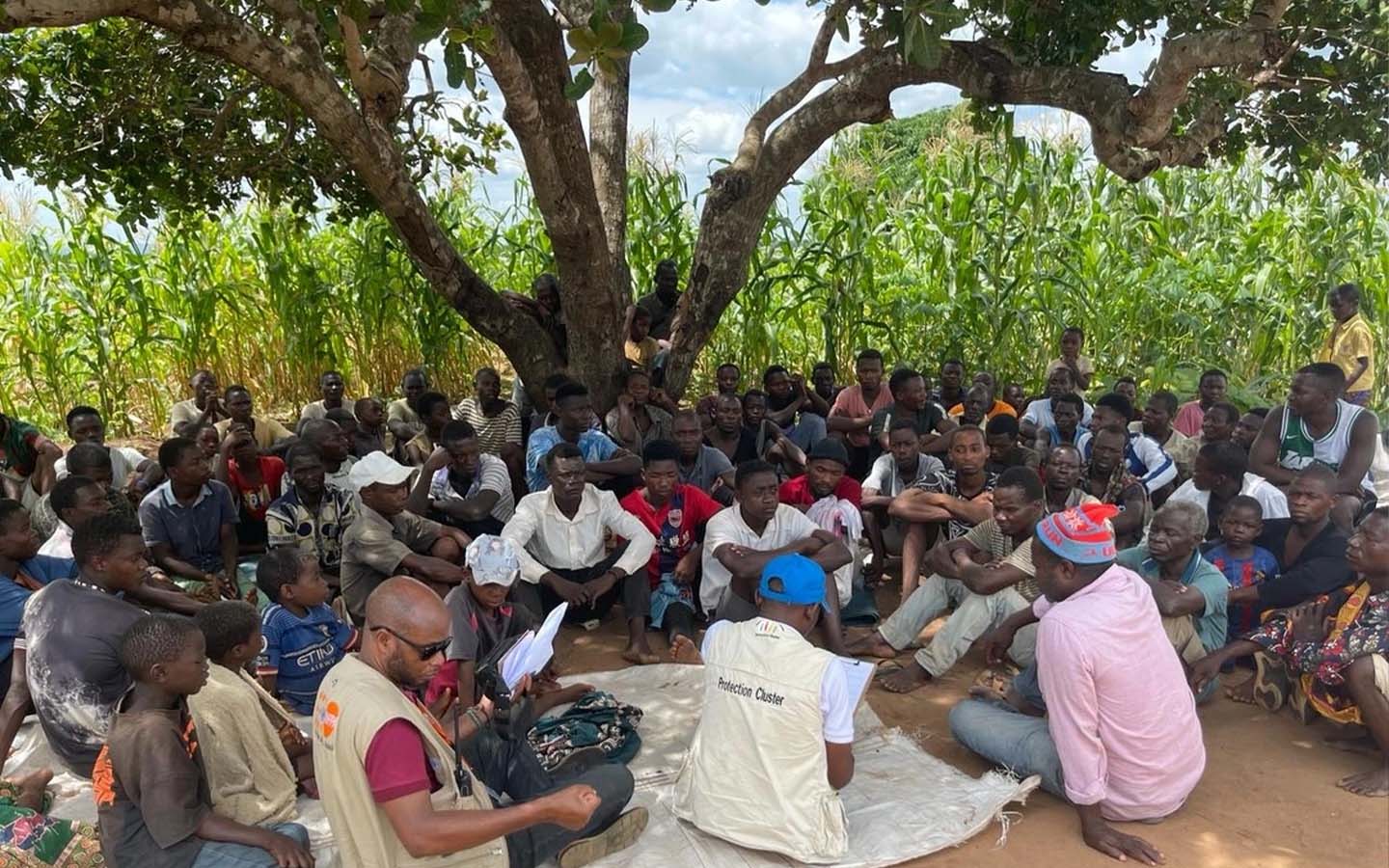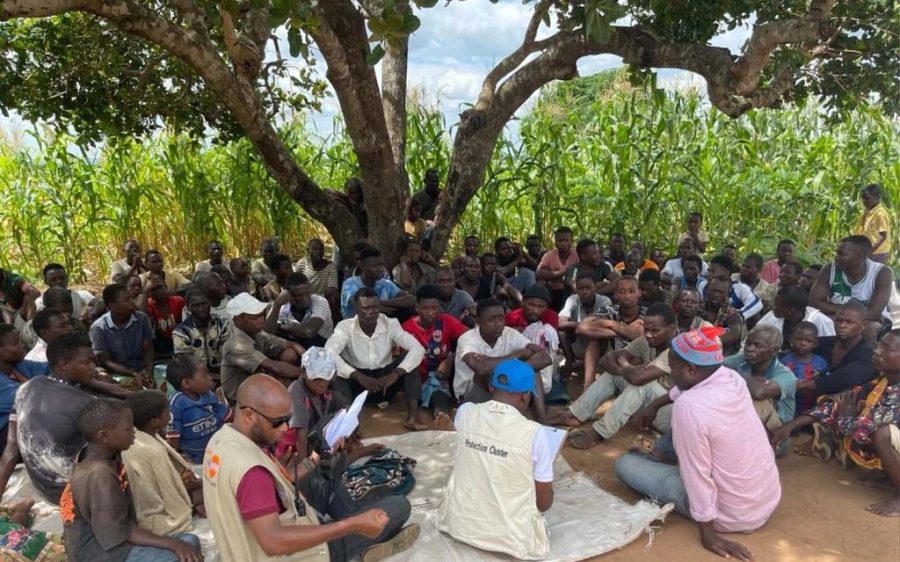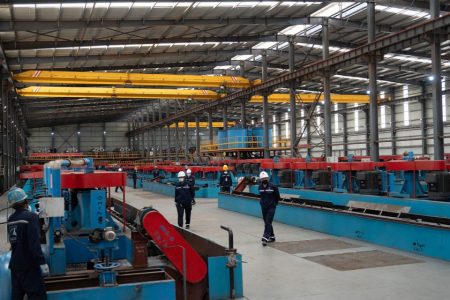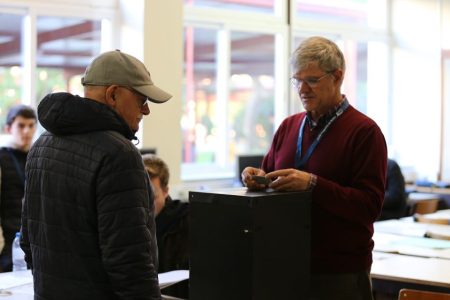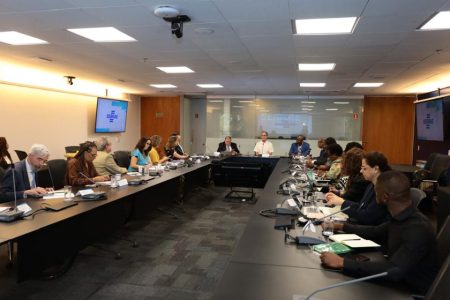UN data released on Saturday reveals more than 1.2 million people in northern Mozambique are in need of humanitarian assistance due to the instability caused by the ongoing Islamist insurgency.
The report from the UN Office for the Coordination of Humanitarian Affairs (OCHA) serves as a stark reminder of the lasting impacts of seven years of conflict. Using data up to May, the report found that 1.7 million people in Mozambique were in need of humanitarian support of all types, including 1.24 million impacted by the armed conflict in the northern provinces of Nampula, Niassa and Cabo Delgado.
The remaining 429,623, who needed assistance in mitigating the risks and impacts of climate change, are spread across the country. Mozambique is considered one of the countries most vulnerable to climate change, despite its negligible contribution to the man-made phenomenon.
[See more: Combined forces deliver critical blow to insurgency in Mozambique]
As of the end of May, 1.2 million people needed shelter in Mozambique, 562,000 needed nutrition support and 950,000 needed access to healthcare. OCHA’s humanitarian response plan for Mozambique this year has only received US$73.7 million, just under 18 percent of the US$413 million needed. Normally, noted OCHA Mozambique representative Paola Serrao Emerson, the organisation would’ve reached at least 20 percent funding or more by April.
There may be some relief in sight. It’s been two months since the last major terror attack in the northern provinces. Coordinated efforts by the Mozambique Armed Defence Forces and its partners – the Rwandan military, troops from the South African Development Community (SADC) and Local Force, a group of veterans of the national liberation struggle – dealt a significant blow in the conflict.
President Filipe Nyusi recognised the efforts of the combined forces on 16 June, noting that they had destroyed “practically all of the enemy’s fixed bases” and “put many violent extremists out of combat, including some of the main leaders.”
